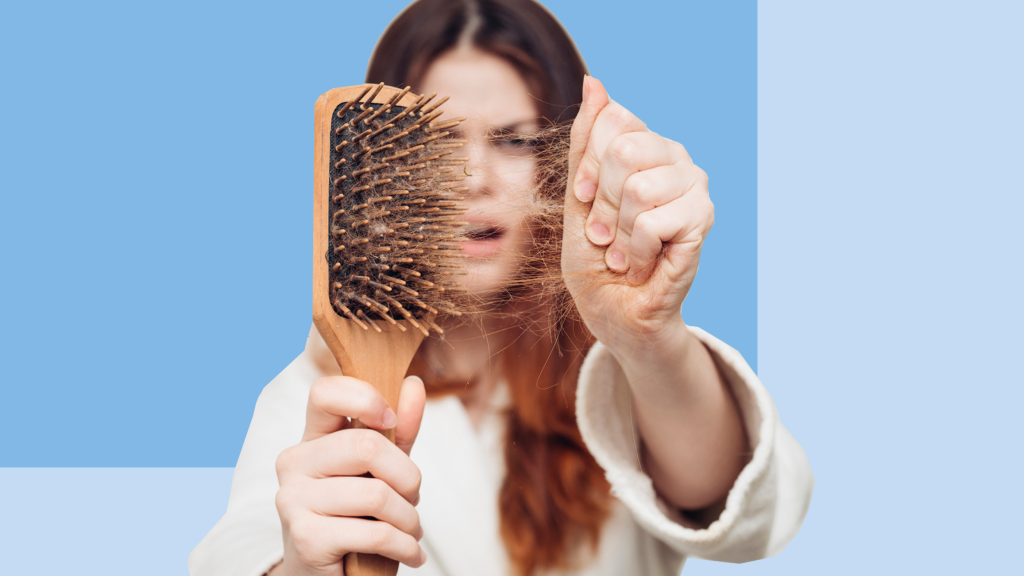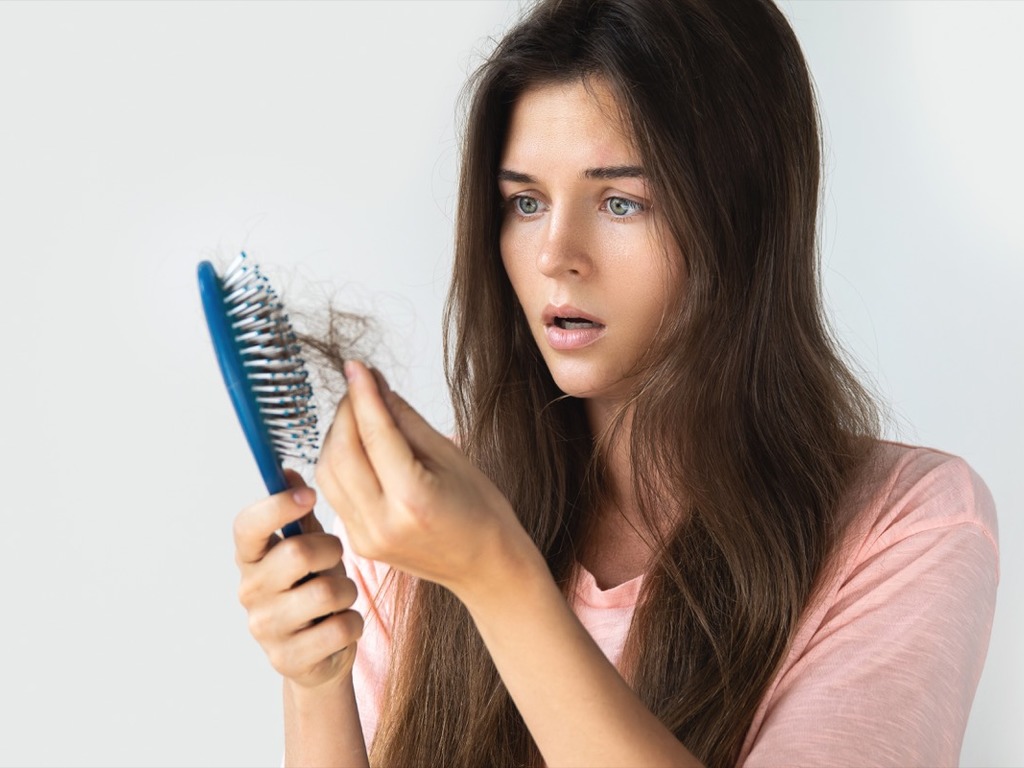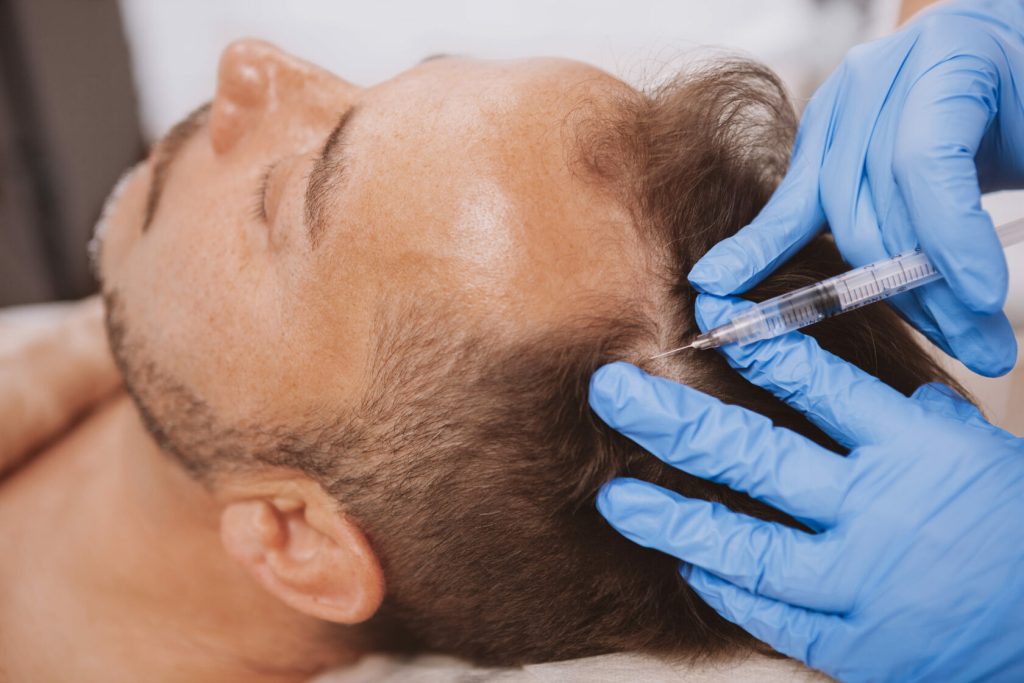Hair Loss

What is Hair Loss?
Hair loss, also known as alopecia, refers to the condition where an individual experiences thinning or shedding of hair, often from the scalp. It can occur in both men and women and can result from various factors, including genetics, hormonal changes, medical conditions, and lifestyle choices.
Types of Hair Loss

- Androgenetic Alopecia (Pattern Baldness) – The most common type, often hereditary, causing thinning at the crown or receding hairline in men and thinning around the part or overall thinning in women.
- Telogen Effluvium – Temporary hair shedding caused by stress, illness, or significant life changes.
- Alopecia Areata – An autoimmune disorder where the body's immune system attacks hair follicles, leading to patchy hair loss.
- Traction Alopecia –Hair loss caused by tension or pulling on hair, often due to certain hairstyles.
- Anagen Effluvium –Rapid hair loss, often due to chemotherapy or radiation treatment.
- Burning or stinging sensations – Sometimes the skin feels sensitive or painful.

Common Causes of Hair Loss

- Genetics – Hereditary hair loss, commonly known as male-pattern or female-pattern baldness.
- Hormonal changes – Pregnancy, menopause, thyroid disorders, or polycystic ovary syndrome (PCOS) can affect hair growth.
- Medical conditions – Conditions like anemia, diabetes, or lupus can lead to hair loss.
- Medications – Drugs used for cancer treatment, high blood pressure, depression, or arthritis may cause hair thinning.
- Stress – Physical or emotional stress can trigger hair shedding.
- Diet and nutrition – Lack of essential nutrients, such as iron, vitamin D, or protein, can contribute to hair loss.
Treatment Options

Medications
- Minoxidil (Rogaine) – A topical solution that can help promote hair growth and prevent further hair loss.
- Finasteride (Propecia) – A prescription oral medication that blocks the hormone responsible for hair loss in men.


- Hair Transplant Surgery – A procedure where hair follicles from a thicker hair area are transplanted to thinning or bald spots.
- Platelet-Rich Plasma (PRP) Therapy – Involves injecting concentrated plasma from your blood into your scalp to stimulate hair follicles.
- Laser Therapy – Low-level laser devices may help stimulate hair follicles and promote hair growth.
- Lifestyle Changes – Eating a balanced diet rich in vitamins and minerals, reducing stress, and avoiding harsh hair treatments can improve hair health.
The best treatment depends on the cause and extent of hair loss. Consulting with a dermatologist or a healthcare professional can help determine the most effective approach based on individual needs.
Get in Touch
For any questions, please call us at the number below or fill out the form.
Do Not Hesitate




